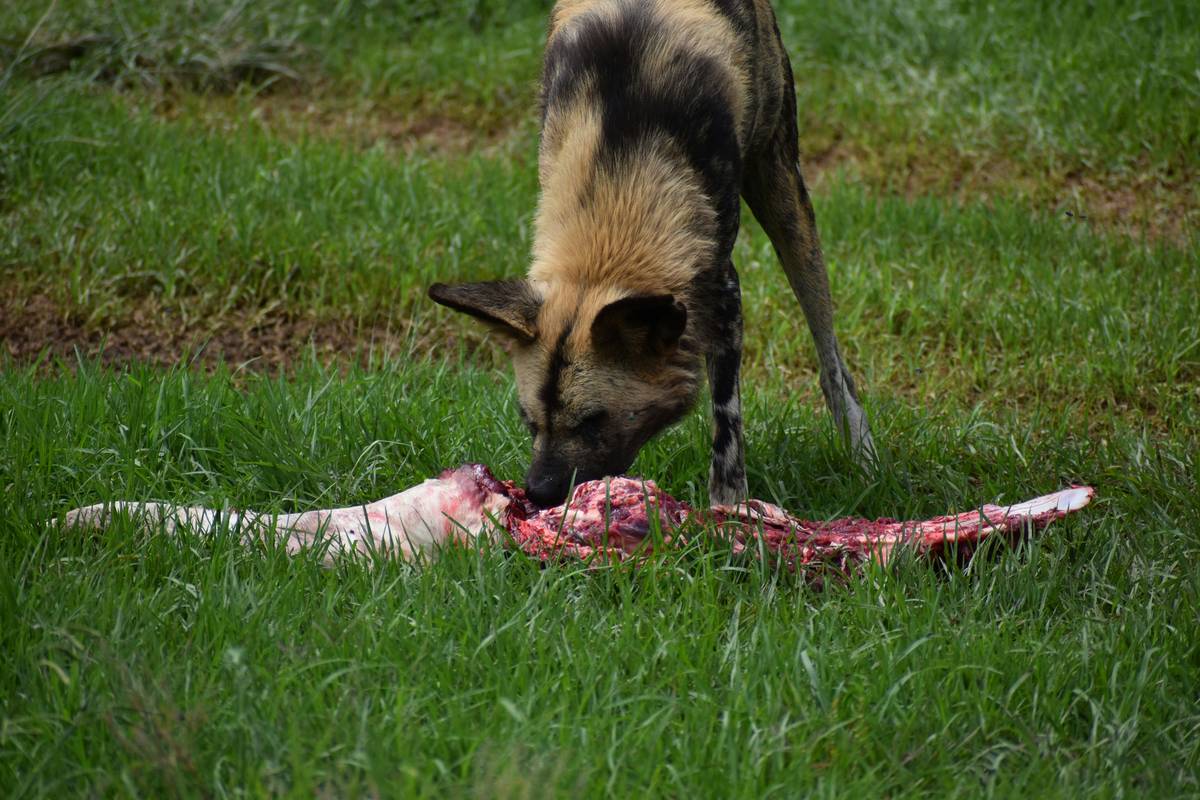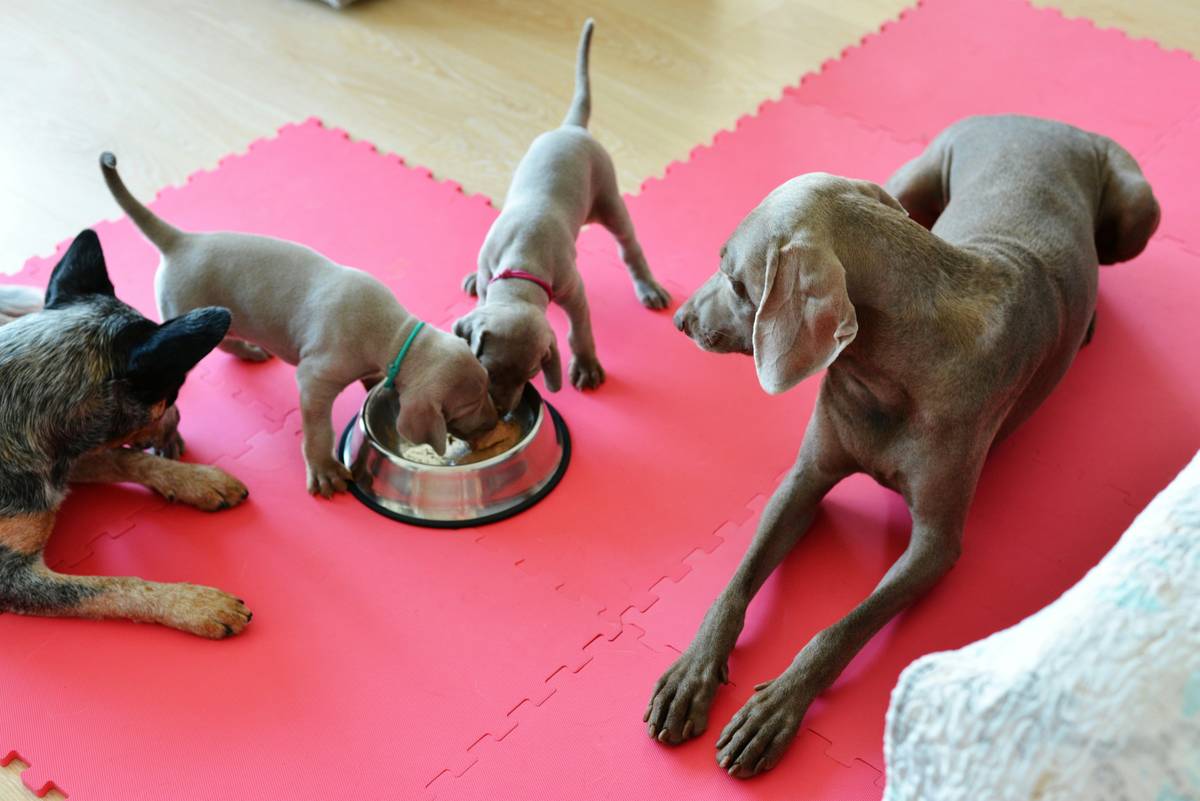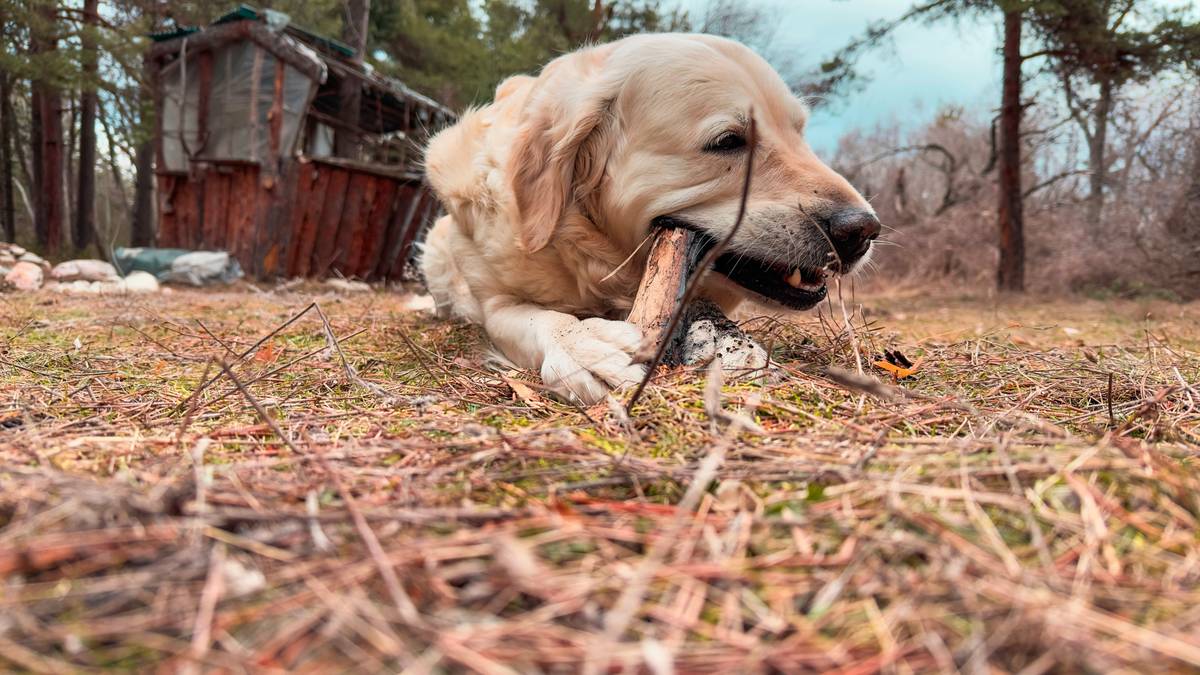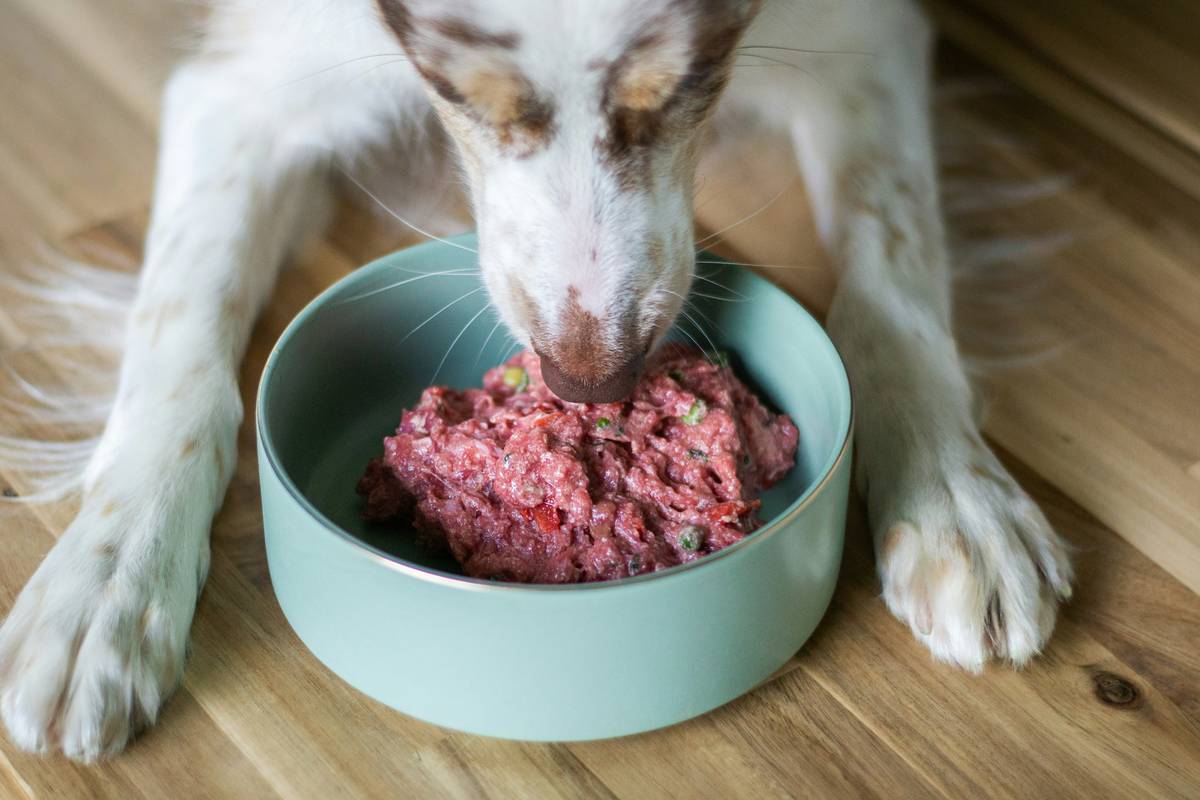Ever wondered why your hunting dog seems sluggish after a long day in the field? Spoiler alert: it might not just be fatigue—it could be their nutrition. Hunting dogs are athletes, and like any athlete, they need specialized fuel to perform at their peak. But here’s the kicker: most commercial dog foods don’t cut it when it comes to repairing muscles, replenishing energy, and keeping joints healthy after intense physical activity.
In this guide, we’ll dive deep into “hunting dog repair nutrition,” covering everything from common mistakes pet owners make with their dogs’ diets to actionable steps for crafting a meal plan that keeps your pup ready for action. Buckle up—your dog’s next adventure starts here!
You’ll learn:
- The science behind post-hunt recovery nutrients.
- Step-by-step guidance on choosing the right food.
- Tips to avoid sabotaging your dog’s performance.
Table of Contents
- Key Takeaways
- Why Traditional Dog Food Fails Athletes
- Step-by-Step Guide to Crafting Perfect Hunting Dog Meals
- Pro Tips for Optimizing Nutrition
- Real-Life Success Stories
- Frequently Asked Questions
- Conclusion
Key Takeaways
- Hunting dogs require high protein, moderate fat, and balanced carbs tailored for muscle repair and sustained energy.
- Avoid generic kibble loaded with fillers; opt for nutrient-dense formulas or homemade options vet-approved.
- Supplements like glucosamine, omega-3 fatty acids, and electrolytes can boost joint health and hydration.
- Hydration is non-negotiable—even slight dehydration impacts endurance and recovery.
Why Traditional Dog Food Fails Athletes
“Optimist You:” Thinks all dog food is created equal.
“Grumpy Me:” *facepalms so hard it leaves a mark.*
I once fed my Labrador mix bargain-brand kibble because “he seemed fine.” Two weeks later, during his first duck hunt of the season, he collapsed mid-retrieve. Turns out, cheap filler-heavy food was robbing him of essential amino acids needed for muscle repair. Lesson learned? Your hunting buddy deserves more than scraps.
Hunting dogs are elite athletes, logging miles each day through rough terrain, extreme temperatures, and unpredictable conditions. Here’s what makes traditional dog food inadequate:
- Low-Quality Protein: Fillers like corn gluten meal lack bioavailability, meaning your dog’s body struggles to absorb and use the protein effectively.
- Imbalanced Fat Levels: Too much fat leads to rapid weight gain; too little compromises skin/coat health and stamina.
- No Focus on Recovery: Essential nutrients like taurine, L-carnitine, and antioxidants help reduce inflammation and speed up healing—but you won’t find them in budget brands.
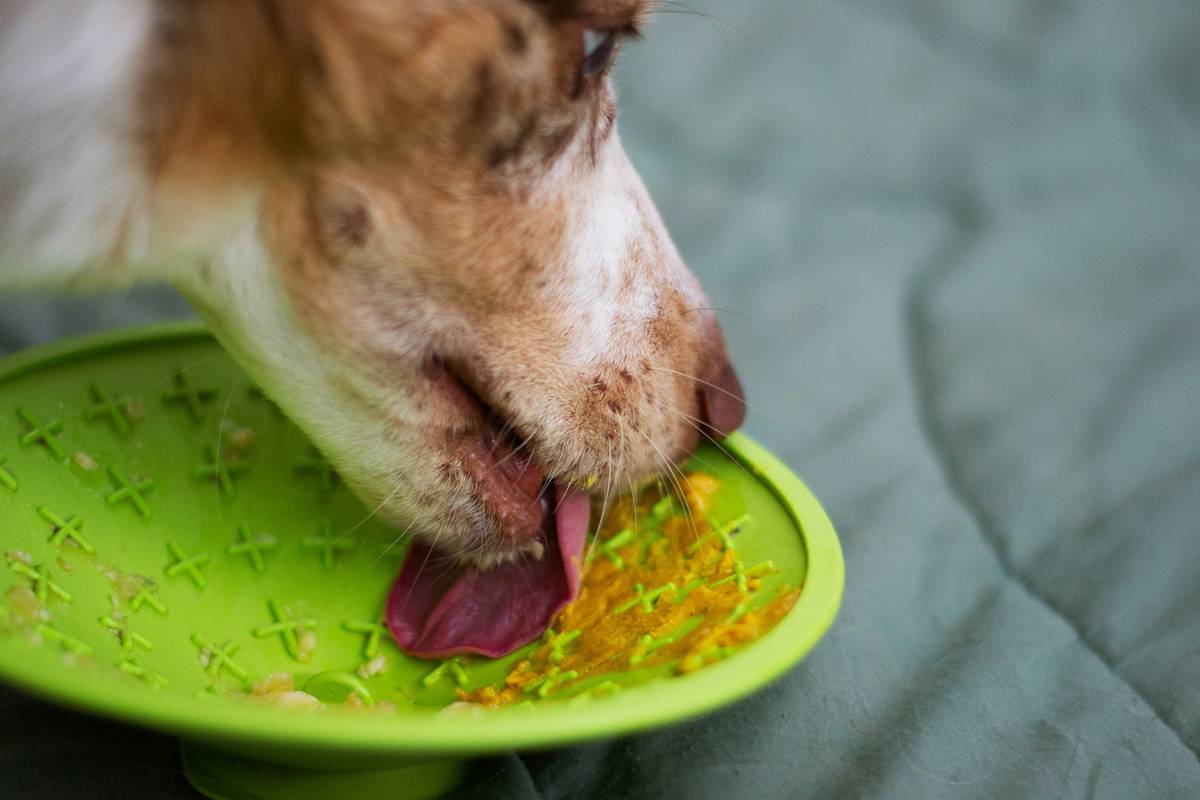
This image perfectly captures the athleticism required of hunting dogs—and underscores how crucial proper nutrition is for maintaining that level of performance.
Step-by-Step Guide to Crafting Perfect Hunting Dog Meals
Alright, let’s get down to brass tacks. How do you ensure your four-legged MVP gets the nutrition they need?
Step 1: Evaluate Their Activity Level
Ask yourself: Is your dog fetching ducks in icy water daily or taking leisurely weekend hikes? Tailor portion sizes and macronutrient ratios accordingly.
Step 2: Choose High-Quality Ingredients
- Protein: Look for lean meats like chicken, turkey, venison, or fish as primary ingredients. Aim for at least 30% crude protein content.
- Fats: Healthy fats like salmon oil provide omega-3s for coat shine and anti-inflammatory benefits.
- Carbs: Skip grains unless they’re easily digestible (e.g., brown rice); instead focus on sweet potatoes or peas for slow-releasing energy.
Step 3: Incorporate Supplements Wisely
Sometimes, whole foods alone aren’t enough. Supplement strategically:
- Glucosamine & Chondroitin: Support joint health, especially critical for aging hunters.
- Eggshell Membrane Powder: Promotes cartilage regeneration (seriously underrated).
- Electrolytes: Replenish lost minerals after strenuous sessions.
Pro Tips for Optimizing Nutrition
- Rotate Proteins Regularly: Variety prevents boredom while ensuring diverse nutrient intake.
- Don’t Overfeed Treats: Even training treats add calories—moderation is key.
- Monitor Stool Consistency: Loose stools signal digestive upset; switch foods gradually to adapt.
- Pre-Hunt Prep: Feed a light meal 3 hours before exercise to prevent bloating and maximize energy availability.
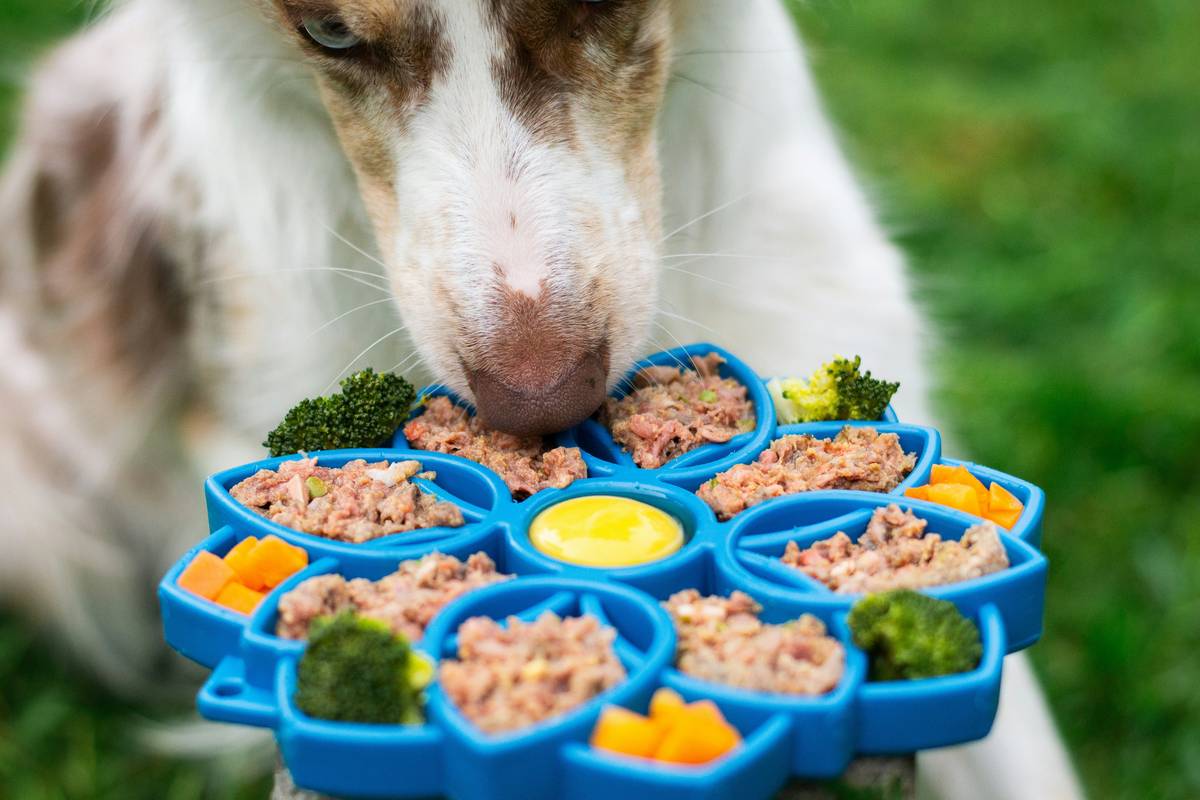
Real-Life Success Stories
Take Max, a seven-year-old German Shorthaired Pointer who used to struggle with stiff joints after hunts. His owner switched him to a custom diet rich in fresh meat, glucosamine supplements, and green-lipped mussel extract. Today, Max runs faster than ever—with no signs of slowing down!
Frequently Asked Questions
What should I look for in store-bought hunting dog food?
Prioritize formulas labeled “high-performance” or “working breed,” often packed with extra protein and fat.
Can I feed my hunting dog raw meat?
Absolutely—but only if sourced responsibly. Raw diets can work wonders but carry risks like salmonella if mishandled.
How often should I hydrate my dog during hunts?
Every 20-30 minutes, depending on weather intensity. Electrolyte-enhanced water works best.
Conclusion
Nourishing your hunting companion isn’t rocket science—but it does take intentionality. By focusing on quality proteins, targeted supplements, and smart feeding strategies, you can supercharge your dog’s performance and longevity. After all, happiness starts with a wagging tail—and a wagging tail starts with great nutrition!
And one final PSA: Never skip hydration stations. Dehydrated dogs are grumpy dogs. Trust me—I’ve seen the aftermath firsthand (*shudders*). Now go forth and feed your furry friend like the champion they are!
Like chasing squirrels in winter, mastering hunting dog repair nutrition takes patience—but boy, is it worth it.
Paws race fast, Over fields vast, With good food—built to last.
